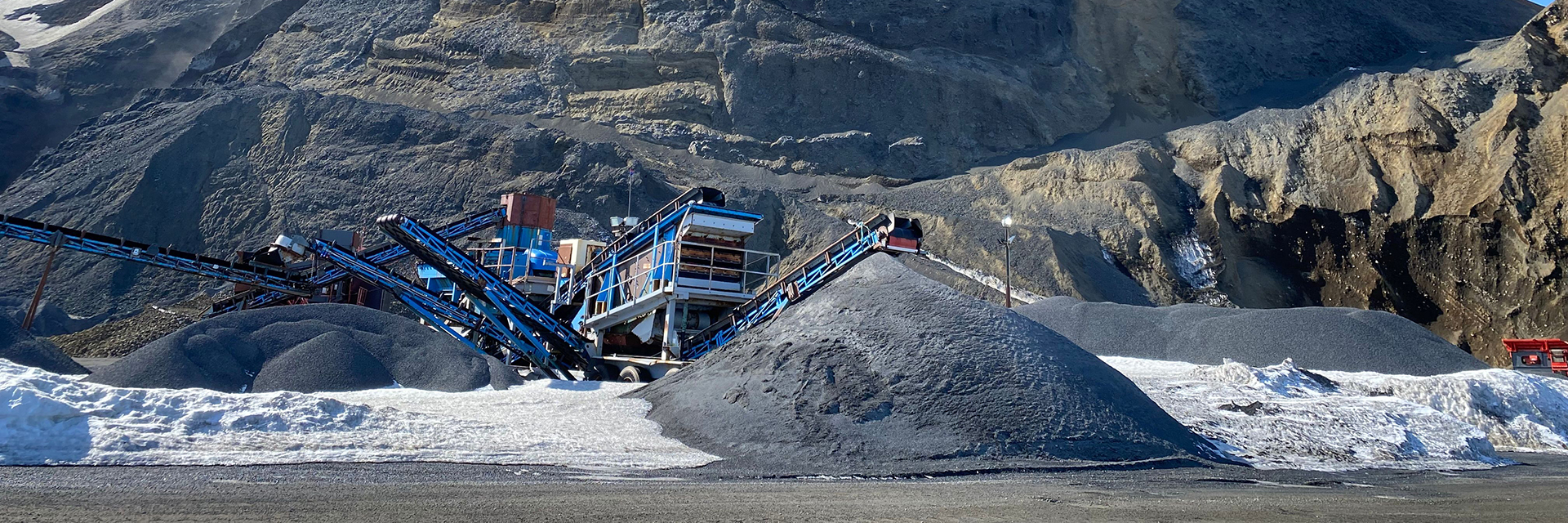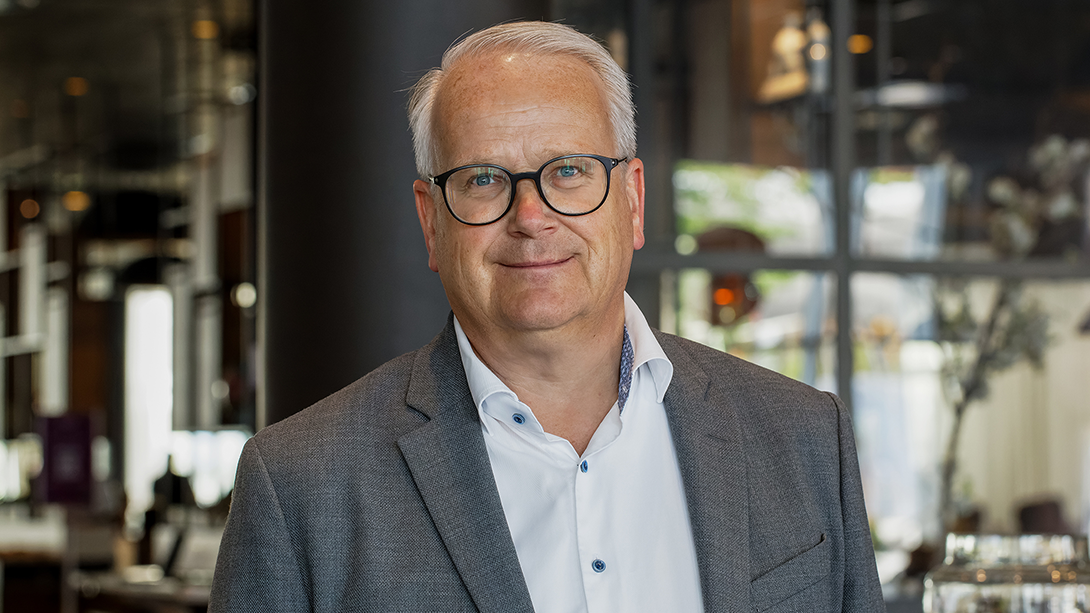The volcanic material is extracted in quarries in Iceland.
Heidelberg Materials in Sweden introduces unique cement with volcanic material to significantly reduce climate impact
Heidelberg Materials in Sweden will launch a new cement product in Sweden autumn 2024 that reduces CO2 emissions by 20%. This innovative cement, Bas Plus VPI, is the result of blending cement with volcanic material from Iceland, known as VPI (Volcanic Pozzolan Iceland).
Magnus Ohlsson, Managing Director of Heidelberg Materials Cement Sweden, comments:
“We are proud to introduce Bas Plus VPI to the market. By incorporating the Volcanic material, we significantly reduce the carbon footprint compared to traditional cement.“
VPI is a so-called natural pozzolan, which has reactive properties similar to cement and can therefore replace part of the cement in the finished product. The VPI material has no environmental impact, unlike cement's main raw material limestone, which generates carbon dioxide when processed in the cement kiln.
Heidelberg Materials is leading the transition of the global cement industry and is committed to the installation of a carbon capture and storage (CCS) plant in Slite in Sweden, which will enable all cement from the site to be produced without CO2 emissions from 2030 onwards.
Meanwhile, the ongoing development of climate-improved products - of which Bas Plus VPI is a part - is a very important activity that will also make a difference to sustainable construction already this year.
The volcanic material is extracted in Heidelberg Materials' quarries in Iceland, where it is available in high volumes and is therefore a long-term resource.
The production of Bas Plus VPI takes place in Slite, where the VPI material is mixed into cement after first being ground into a fine powder at the company's plant in Degerhamn on Öland. Heidelberg Materials has been successfully running lab tests and trials in close co-operation with customers for several years to ensure the good performance and quality of the product.
After manufacturing the final cement product in Slite on Gotland, it is distributed to silo stations around the country.
Bas Plus VPI will be available on the market from November, offering the construction industry a more sustainable alternative with a significantly lower climate impact.
"We are working at all levels to reduce the climate impact of cement and concrete, which is one of society's most important and widely used building materials. As a leading industry player, we see this as our responsibility," says Magnus Ohlsson.
Measuring the fineness of the material during the production test in April in Degerhamn.
Mill in Degerhamn.
The volcanic material, which comes in large fractions from Iceland, is ground into a fine powder in the mill. .

The volcanic material is extracted in quarries in Iceland.
Measuring the fineness of the material during the production test in April in Degerhamn.
Mill in Degerhamn.
The volcanic material, which comes in large fractions from Iceland, is ground into a fine powder in the mill. .

The volcanic material is extracted in quarries in Iceland.

